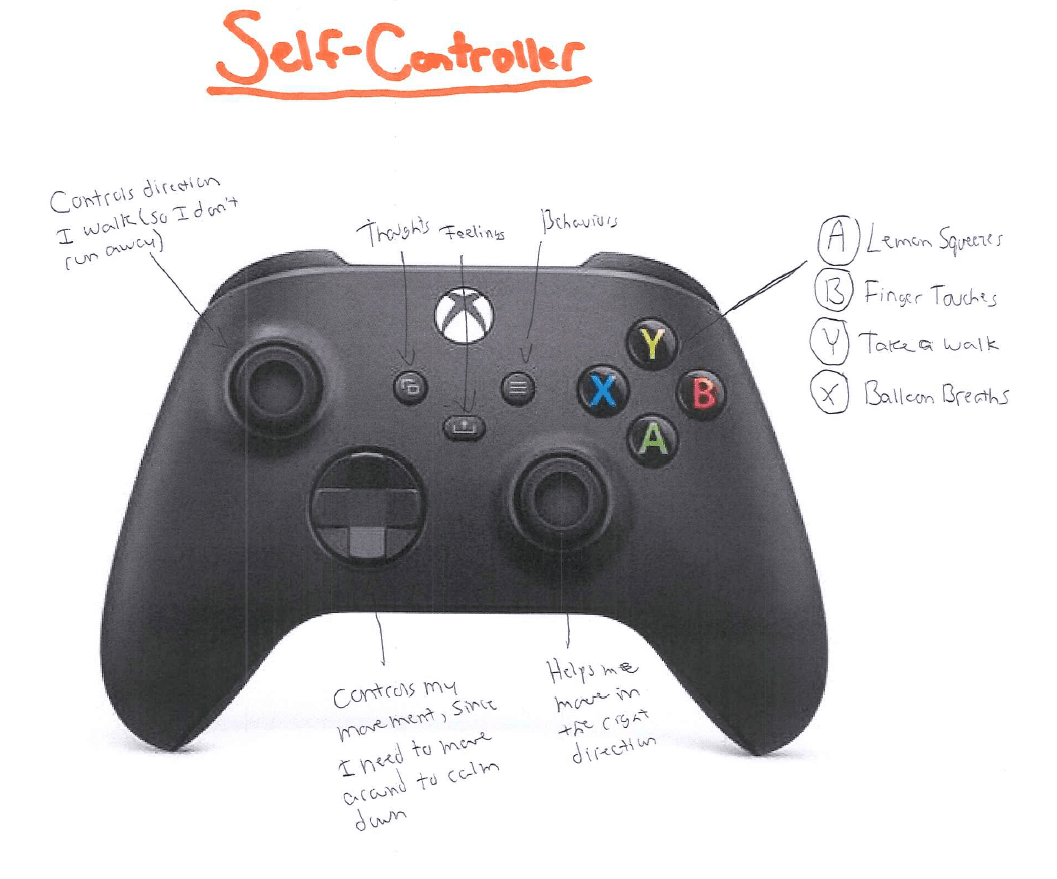
How many times have you had to tell yourself to resist something you know is not good for you? We’ve all got those temptations. Fortunately, many of us can restrain or are willing to understand and accept the consequences when we don’t.
Youth who have been through childhood trauma often suffer from a multitude of mental health struggles. One of those behavioral struggles is impulse control.
The Genesis Project is a Level E Qualified Residential Treatment Program, or QRTP. A level E behavioral healthcare facility treats children who are the most aggressive or impulsive for their age group.
Impulse control happens in the frontal lobe of the brain. When trauma occurs while the brain is developing, struggles with impulse control become more common, which can be demonstrated by children being unable to hold themselves back from volatile behaviors such as aggression and defiance. Children need to learn they can manage their impulses at a young age so they can learn how to do this themselves as adults.
At Genesis, one way we teach our children through our trauma-informed environment is how to control their impulses by using self-controllers. You may even find our approach helpful with children in your lives.
With the popularity of video games played by children, game controllers are often in their hands. During individual and group therapy at Genesis, we bring a paper version of a controller (normally an Xbox or Nintendo controller) and ask children to create an imaginary world in which these controllers determine their every move and can hold them back from negative behaviors they sometimes demonstrate.
Common functions that our children like to add to these controllers include a button that can stop them from punching something or an analog stick that can bring them back if they are thinking of running away.
Self-controllers assist our youth to understand self-control and impulse control in a more fun way, as well as being able to process how they can improve these behaviors. Kids learn through play. Self-control helps us to be more successful in the game of life.
Editor’s Note:
Using self-controllers is just one technique in our toolbox to help our youth. Each child receives one hour of individual therapy and two hours of group therapy per week. Family therapy is available when family ties are still possible.
The Genesis Project also provides Equine Therapy and Music Therapy. Equine therapy helps youth learn how to care for others as well as themselves and has been proven to assist with depression, anxiety, and impulse control. Music therapy is a proven way to assist with the reduction of negative trauma responses.
We are thankful to be able to provide these therapies through our partnership with Nexus Equine in El Reno (equine therapy), and supporters such as Blue Cross and Blue Shield of Oklahoma and The Kirkpatrick Family Fund (music therapy).
